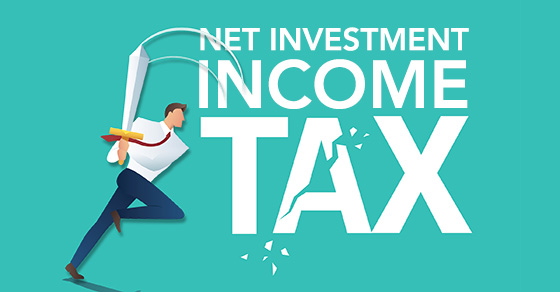Key 2024 inflation-adjusted tax amounts for individuals
The IRS recently announced various 2024 inflation-adjusted federal tax amounts that affect individual taxpayers. Most of the federal income tax rate bracket thresholds are about 5.4% higher than for 2023. That means that you can generally have about 5.4% more income next year without owing more to the federal government. Standard deduction. Here are the […]
Key 2024 inflation-adjusted tax amounts for individuals Read More »










